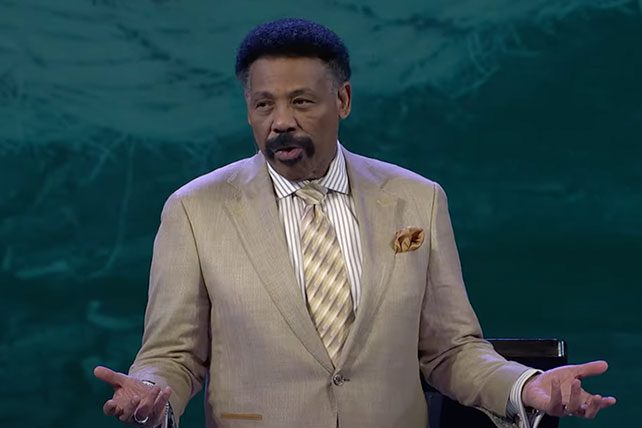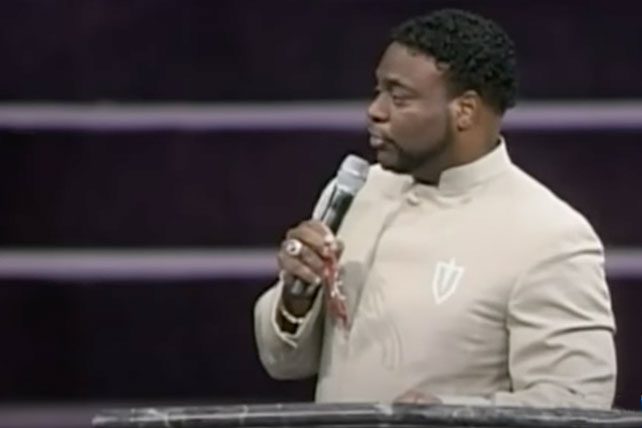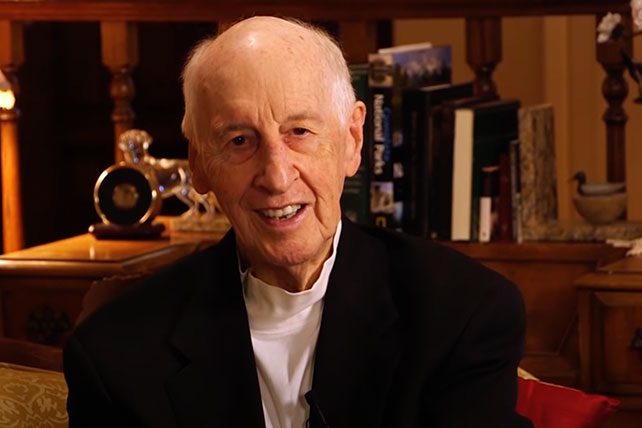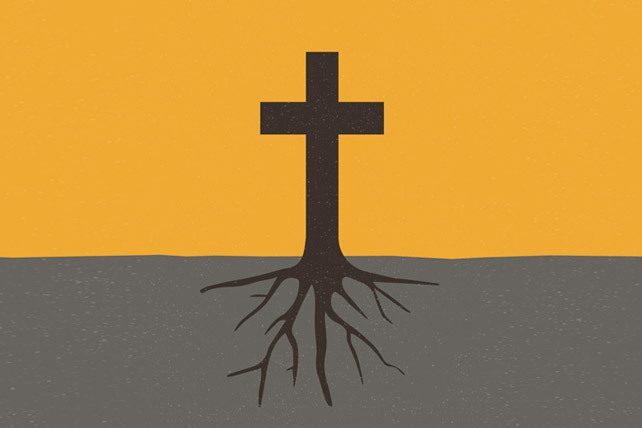The profound adage “To whom much is given, much is required” encapsulates a timeless principle of responsibility and stewardship that resonates across various aspects of human life. Rooted in biblical teachings, this maxim serves as a guiding light for how individuals blessed with abundance—be it in talents, resources, or opportunities—are expected to conduct themselves in the world. This blog explores the depth of this principle, its implications for personal and societal ethics, and how it challenges us to live lives marked by gratitude, service, and conscientiousness.
The Origin of the Principle—’To Whom Much Is Given, Much Is Required’
The principle finds its most direct expression in the Bible, in Luke 12:48, where it is articulated as part of a broader teaching on preparedness and faithful stewardship. The verse reads, “But the one who does not know and does things deserving punishment will be beaten with few blows. For everyone who has been given much, much will be demanded; and from the one who has been entrusted with much, much more will be asked.” This teaching underscores a fundamental truth about the nature of blessings and responsibilities—they are intrinsically linked, with greater blessings carrying greater expectations for responsibility and contribution.
Responsibility: A Call to Positive Impact
This principle acts as a clarion call for individuals to use their gifts, resources, and positions of privilege to make a positive impact on the lives of others and on society as a whole. It suggests that the measure of one’s success is not found merely in the accumulation of wealth or achievements but in how those achievements are utilized for the common good. It challenges those in positions of influence to lead by example, leveraging their advantages to foster opportunities, aid, and empowerment for those less fortunate.
RELATED: The Least of These: A Guide to Practicing a Faith Without Margins
Stewardship: Managing Blessings Wisely
Stewardship, within this context, refers to the careful and responsible management of something entrusted to one’s care. The principle of “To whom much is given, much is required” elevates stewardship to a moral obligation, suggesting that the privileged are merely custodians of their blessings, whether these are material wealth, intellectual gifts, or social positions. This perspective encourages a shift from ownership to guardianship, promoting the wise and ethical use of resources in a manner that benefits not just the individual but the broader community.
Accountability: A Dual Dimension
The concept of accountability is twofold, encompassing both divine and societal aspects. On one hand, it speaks to the spiritual accountability before God for how one utilizes the blessings received—this is a deeply personal and moral dimension that prompts introspection and ethical living based on spiritual principles. On the other hand, there is the societal accountability, where individuals and institutions are expected to act in ways that uphold social justice, equity, and the welfare of the community. This dual dimension of accountability reinforces the idea that with great power comes not only great responsibility but also the expectation of transparency, integrity, and benevolence in one’s dealings.




















 As
As 







